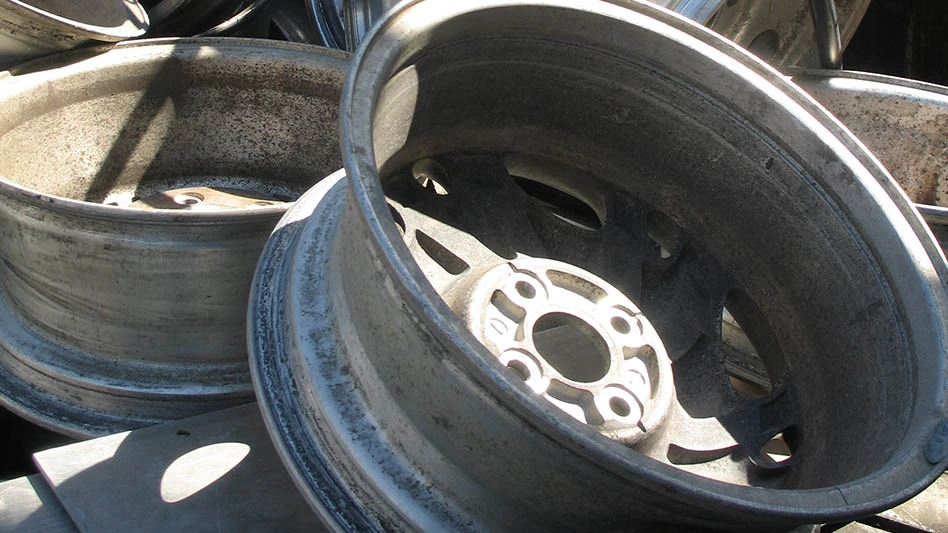BIR DENOUNCES BAN ON HAZARDOUS WASTES
The Bureau of International Recycling, Brussels, has expressed "profound disappointment" at the decision of the European Commission to propose a ban on all exports of hazardous wastes destined for recycling, according to the BIR. The ban would restrict European Union member states from shipping hazardous material to non-OECD countries by 1998.
"We have always supported the EU and all parties to the UNEP Basel Convention in their efforts to end the export of toxic wastes for disposal in developing countries," says Francis Veys, BIR secretary general. "But the persistent confusion that has existed over what is a waste and what is an important industrial material is now in danger of becoming part of EU law. This proposal from the Commission is fundamentally unsound."
RECYCLED PAPER BOARD ALLIANCE IS FORMED
Fourteen leading United States recycled paperboard manufacturers have united to form the 100% Recycled Paperboard Alliance . The Alliance was formed so that manufacturers can continue to build demand for their products and expand their markets. RPA-100% is initiating a multi-year campaign to increase the use of 100 percent recycled paperboard packaging across all categories of consumer products, as well as for commercial and industrial packaging applications.
"RPA-100% will drive home to customer companies that buying 100 percent recycled paperboard is the most effective means of doing good for the environment and for themselves," says Brad Currey Jr., president and CEO of Rock-Tenn Company, and one of the founding members of RPA-100%.
Recycled paperboard producers consume more than 7.4 million tons of recovered paper annually, according to RPA-100%.
ISRI SUPPORTS MORE FLEXIBLE PCB REGS
The Institute of Scrap Recycling Industries, Washington, has expressed overall support of efforts by the United States Environmental Protection Agency to develop more flexible regulatory requirements for the disposal of certain large-volume, low-toxicity, non-liquid, PCB-contaminated wastes. ISRI states that most of the low-level contamination appears in the non-recyclable residue generated from shredders that process obsolete autos, appliances and other large pieces of material. The low levels of PCBs in shredder residue pose little risk to human health or the environment because of their low mobility, notes Robin Wiener, ISRI assistant counsel/director of environmental compliance.
ISRI supports the EPA’s proposed definition of "household waste" to include autos, appliances and other commodities traditionally recycled by the scrap industry. Failure to do so, says ISRI, could result in those items not being recycled properly. ISRI is also recommending a one-time notification by the recycler to a landfill that its shipments may contain low PCB levels. That is in lieu of an EPA-proposed notification for a 15-day advance notification for every shipment.

Explore the September 2001 Issue
Check out more from this issue and find your next story to read.
Latest from Recycling Today
- Steer World offers PEX plastic recycling machine
- New recycling grant program launches in Massachusetts
- Tire Recycling Foundation names executive director
- Dock 7 named 2025 Exporter of the Year at New Jersey International Trade Awards
- Waste Connections reports ‘better than expected’ Q1 results
- Commentary: How EPR is transforming the packaging industry
- Acerinox names new North American Stainless CEO
- Greenwave closes 2024 books with red ink






